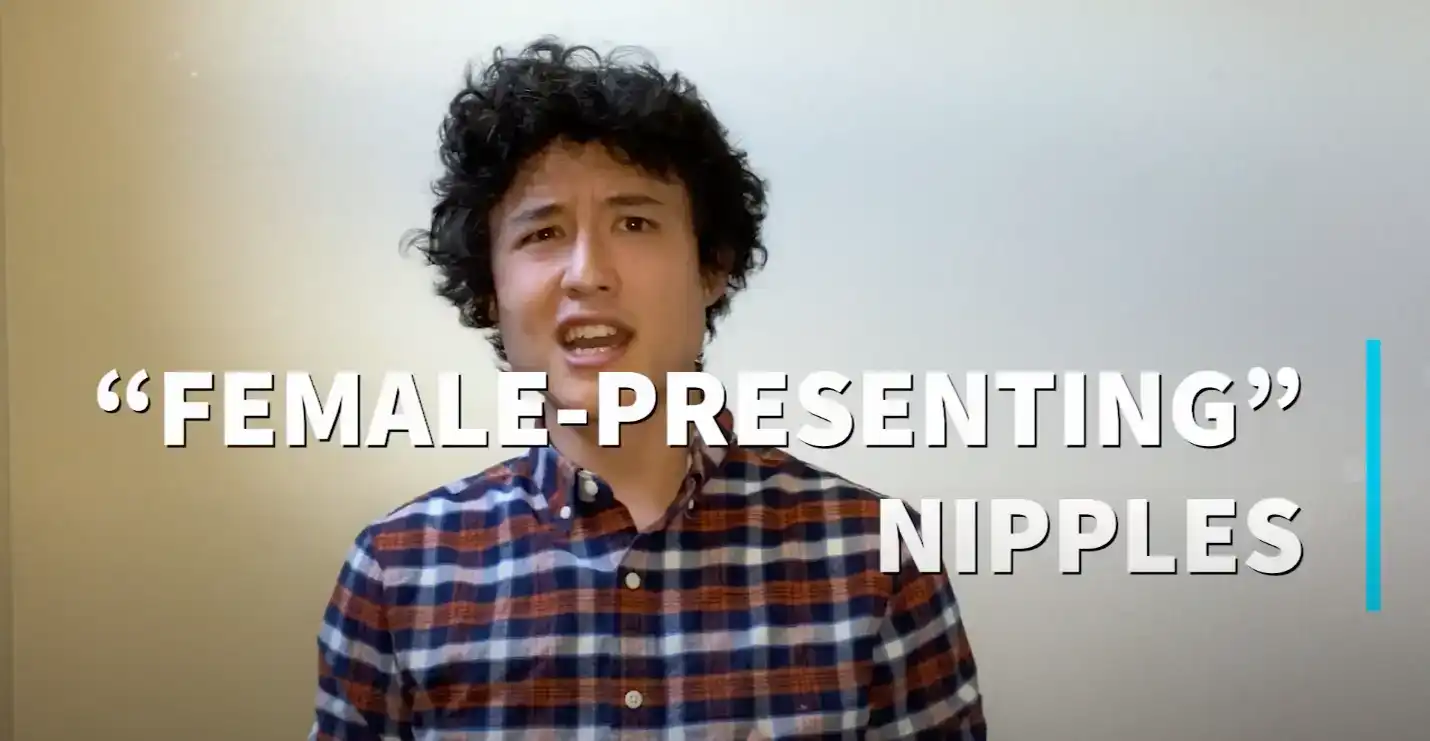The Tumblr Porn Ban
May 01, 2020

This thesis considers social media platforms and the fluid nature of online spaces. Specifically, I examine the social network site (SNS) Tumblr and the controversy that surrounded its recently amended community guidelines and adult content policy. Tumblr had previously had somewhat of an “alternative” identity as compared to mainstream SNSs such as Facebook or Twitter. This identity had largely resulted from its previously lax policy toward pornography and other adult content. Such content had previously been allowed on the website, which enabled a wide degree of personal freedom and expression.
This policy, along with the platform’s specific affordances, had contributed to Tumblr’s characteristic as an online queer space. Many LGBTQ+ individuals and groups had once used the platform to share pornography and adult content, but also just to form a sense of community and express their identities in ways that were not always possible on other SNSs or within the physical world. But in December 2018, Tumblr Staff announced significant changes to the website’s community guidelines, and that after December 17, 2018 any such content would no longer be allowed on the platform. This policy announcement, which became colloquially known as the Tumblr porn ban, represented a divergence in how the platform’s users and its corporate owners envisioned the online space. For Tumblr users, the platform had been an online queer space characterized by a significant degree of individual autonomy and expression. But for Tumblr Inc., the platform could only be an online queer space until it was no longer profitable, and thus adjusted the content policy in response to various political economic pressures.
In this thesis, I use digital discourse and political economic analyses of Tumblr Staff’s announcement as well as Tumblr users’ responses. I argue that the controversy that emerged surrounding the Tumblr Porn Ban represents the fluid and co-construction of platforms and online spaces. The negative response to the Tumblr Porn Ban was not necessarily directly in response to the loss of pornography and adult content, but rather a loss of what such contented had once represented—individual freedom and autonomy for users. Removing the adult content was significant because it changed what the online space had once been. By studying the Tumblr Porn Ban, this thesis demonstrates that online platforms are not static or monolithic entities. Instead, they are fluid online spaces that are constructed, shaped, and continually redefined by a platform triad of users, corporations, and state power.
Click here to read the full thesis. (Institutional Log-in may be required)
